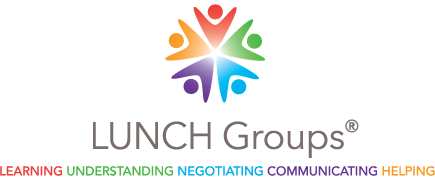Executive
Functioning
Paying attention
Planning
Organization
Self-monitoring
Self-regulation (emotional control)
Effective judgement
Working memory
Successful coping strategies
Accepting feedback
Daily
Living
Basic nutritional understanding
Understanding the importance of sufficient sleep
Maintaining hygiene-related behaviors
Trying new foods
Restaurant behavior
Using technology responsibly
Pragmatic
Language
Reading non-verbal facial and gestural cues
Knowing what to say, when to say it and how to say it
Speaking in a manner that fits specific social situations
Adjusting language usage to the audience being addressed
Giving brief and concise responses
Technology
Mindfulness
Understanding the four different types of technology usage
Monitoring how extended technology use can impact mental and physical health
Learning to treat technology an “an activity,” not “the activity”
Balancing technology use as part of daily life
Academic &
Vocational Readiness
Remaining seated in class
Written and oral comprehension
Participating in group activities
Focusing on the immediate task or conversation
Effective hand-raising
Recognizing what is appropriate conversation and social boundaries for school or the workplace
Social
Competence
Maintaining effective conversations
Knowing how to act in common social situations
Looking at situations from the perspective of others
Remaining on topic
Knowing when (and how) to "jump in" to a discussion
Modulating voice level for different situations
Leadership skills, knowing how to manage groups of individuals to achieve targeted goals in a timely manner
Environmental Awareness
Pedestrian safety
Effective behavior in community settings, such as restaurants, stores, malls, parks, and community events
Knowing what is safe vs dangerous in the community and taking appropriate cautions

